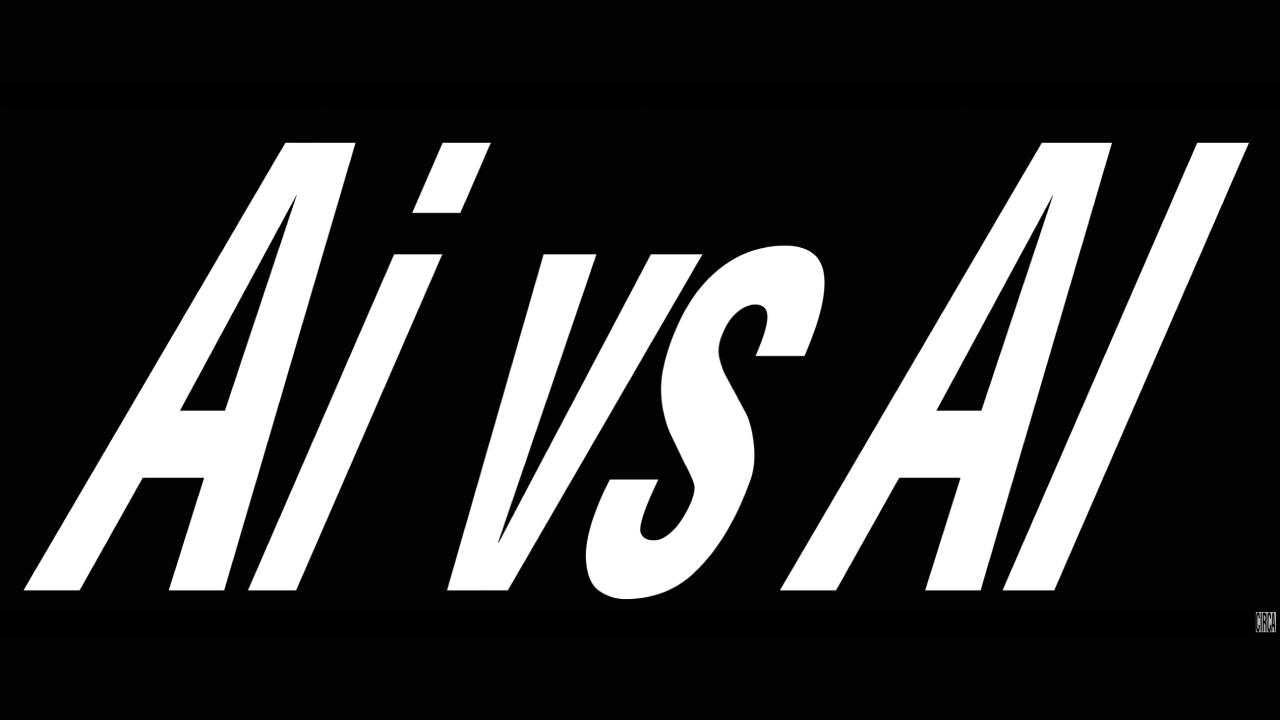Ai Weiwei sees no threat to human art in AI art

Key Points
- Artist and activist Ai Weiwei discusses the impact of AI on art. He emphasizes that AI cannot replace human imagination and experience, but challenges the traditional understanding of how art is learned.
- Weiwei has launched an art project called "Ai vs. AI," in which he will pose a question to AI algorithms every day for 81 days, to be answered by both the AI and himself.
- The project, which will be shown on public screens in cities such as London, Seoul, and Berlin from January 11 to March 31, is inspired by the "Heavenly Questions," a 2,300-year-old text by Qu Yuan.
Contemporary artist and activist Ai Weiwei is convinced that the rapid development of technology, including artificial intelligence, is not bringing true well-being to humanity.
Instead, it "fosters anxiety and panic," Weiwei writes in a commentary. The artist argues that AI lacks imagination and the human will, with its potential for beauty, creativity, and the possibility of making mistakes.
Although AI can process large amounts of information and replace certain technological tasks, it lacks the depth of human experience and original ideas, Weiwei argues.
Art transcends rationality and is constantly refined by the artist's "growth, life experiences, beliefs and emotions." AI cannot replicate the nuances of human experience, such as a sunset, a snowstorm, or a crying baby, Weiwei says.
However, the emergence of AI challenges the traditional understanding of how people acquire artistic skills. This assumes that "art must be cultivated through training to master techniques," usually resulting in a "lifelong exploration and dedication," driven by dissatisfaction and the pursuit of technical perfection.
But Weiwei does not see AI as a challenge to art itself. On the contrary, in the face of technological progress, art assumes the role of guardian, preserving the dignity of life, resisting mental enslavement, and counteracting ideological purges, Weiwei says.
"Less effort does not lead to greater fulfilment, and the liberation of artistic acts from attainable effort cannot alter the reality of spiritual enslavement," WeiWei writes.
"Ai vs. AI" - WeiWei launches new art project
WeiWei has launched an art project entitled "Ai vs. AI", in which he will pose 81 questions to artificial intelligence for 81 days - the length of time he was incarcerated in a Chinese prison.
The questions range from the political to the philosophical, such as "Can you make a complete list of all political prisoners in the world?" or "Who owns whom in democratic societies?".
The answers will be provided by AI algorithms and Ai Weiwei himself, and published on the CIRCA.ART website and social media. The initiative is inspired by the "Heavenly Questions", a 2,300-year-old text by Qu Yuan.
The project, commissioned by CIRCA, will be shown on public screens in cities around the world, including London, Seoul, and Berlin, from January 11 to March 31.
AI News Without the Hype – Curated by Humans
As a THE DECODER subscriber, you get ad-free reading, our weekly AI newsletter, the exclusive "AI Radar" Frontier Report 6× per year, access to comments, and our complete archive.
Subscribe now